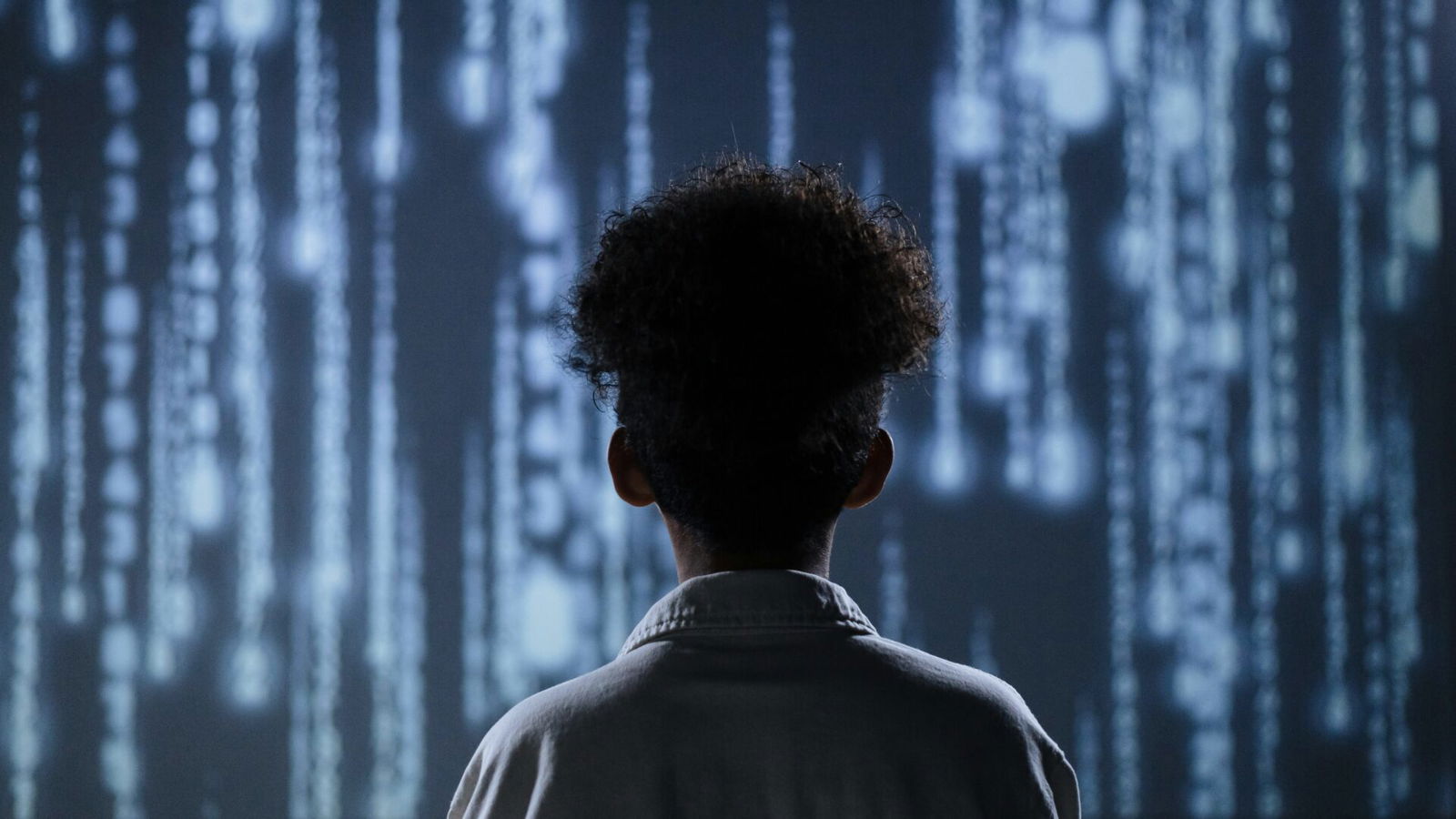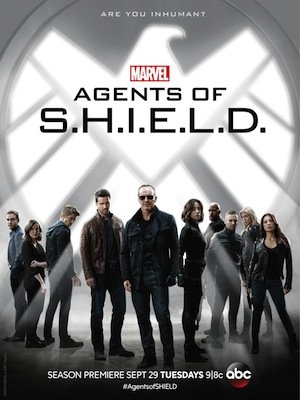
By Michaela Gordoni
The National Center on Sexual Exploitation (NCOSE) will reveal its annual Dirty Dozen List of platforms that contribute to exploitation on April 3 in an online briefing.
A press release announced the briefing will hear many speakers: Jane Doe, mother of child sexual abuse material (CSAM) survivor John Doe who sued X; Mary Leary, a professor of Law and a former federal prosecutor; Lisa Haba, partner at The Haba Law Firm; Matthew Bergman, founding attorney for the Social Media Victims Law Center; Christen Price, senior legal counsel for the National Center on Sexual Exploitation and several others.
Last year’s Dirty Dozen List called out Apple, Cash App, Cloudflare, Discord, LinkedIn, Meta, Github, Reddit, Roblox, Spotify, Telegram and Snapchat as well as the Communications and Decency Act Section 230, which NCOSE believes should be amended to prevent pornographic abuse and exploitation.
“Pornography today has created a sexual taste for sex with children, and that’s such a huge problem that we have not confronted well enough over the last 20 years,” NCOSE CEO Dawn Hawkins told The Christian Post last year.
Discord is one of NCOSE’s persistent offenders. NCOSE has placed it on its Dirty Dozen List every year from 2020 to 2024. The platform refuses to place adequate protective measures in place to prevent CSAM and other exploitive material from being distributed. As of last month, it still hasn’t made significant amends to change this, so NCOSE will likely keep it on the Dirty Dozen List again this year.
Related: NCOSE Law Center Pursues Lawsuit Condemning Twitter’s Policies on Pornographic Content
On March 26, Hawkins gave testimony to the U.S. House of Representatives to highlight the need for preventive measures regarding sexual exploitation.
“For too long, families and advocates have watched in anguish as America’s children are harmed by technologies that the tech companies knew were detrimental to the health and well-being of children,” she said. “We have worked with these companies, only to see piecemeal steps toward improvement. For too long, we have asked Congress to create the necessary guardrails to hold Big Tech accountable, while Big Tech grew more powerful, more profitable, and less accountable. But today — we are all hoping that this hearing can finally mark a turning point.”
“This is no longer about what might happen to children online. It’s about what is happening — every day, in every state, in every school, and often in every home. Behind the headlines and lawsuits are real kids and real families living through horror,” she expressed.
As technology changes rapidly, NCOSE’s efforts continue to address America’s top predators by attacking from the top down—holding platforms and policymakers responsible.
Read Next: NCOSE Dives into Pornhub’s Misconduct in ‘Year in Review’ Report



 - Content:
- Content: 

